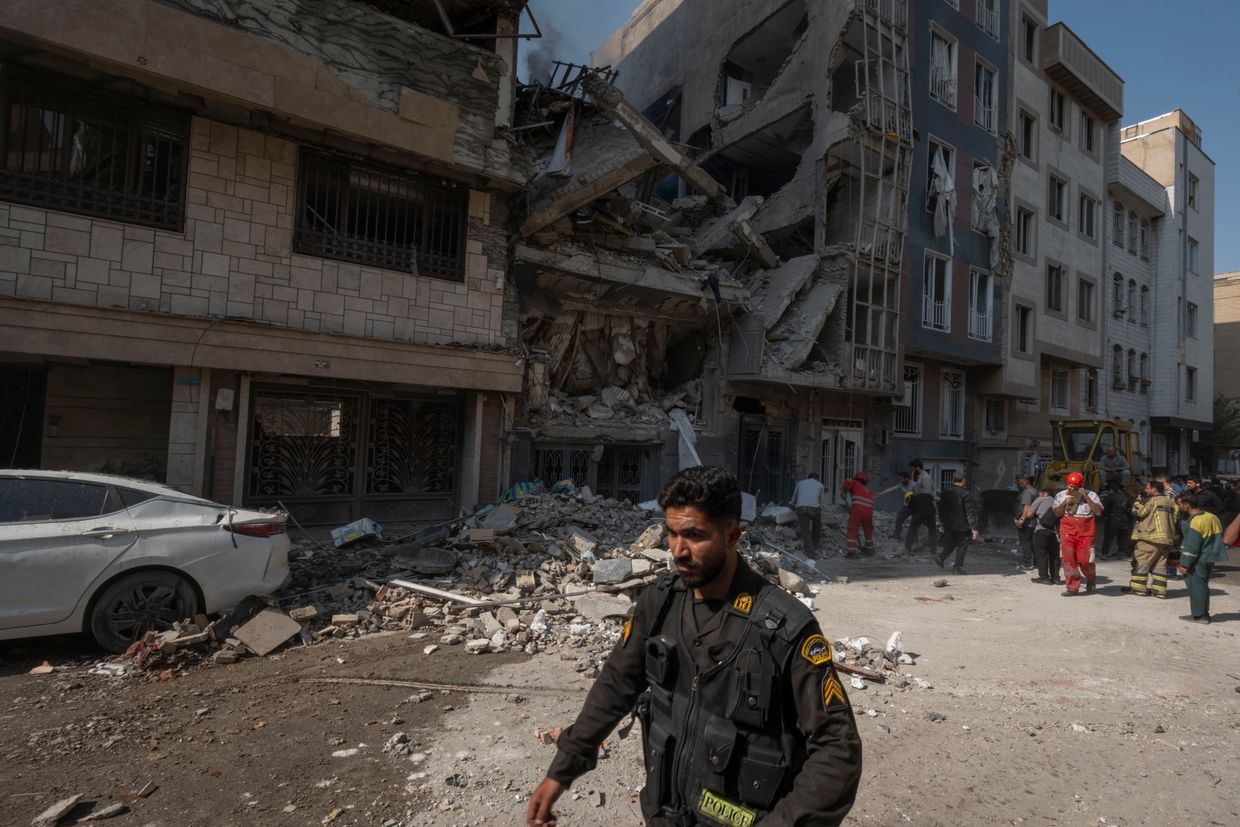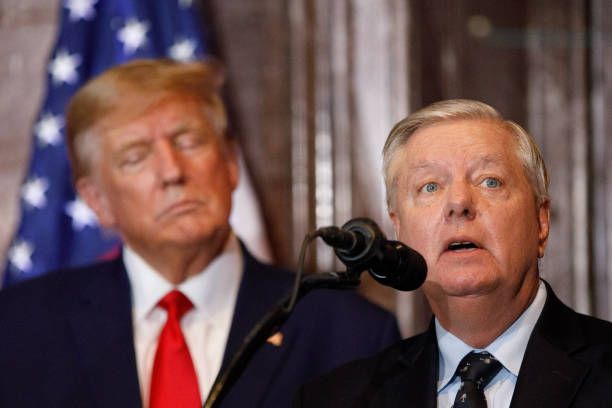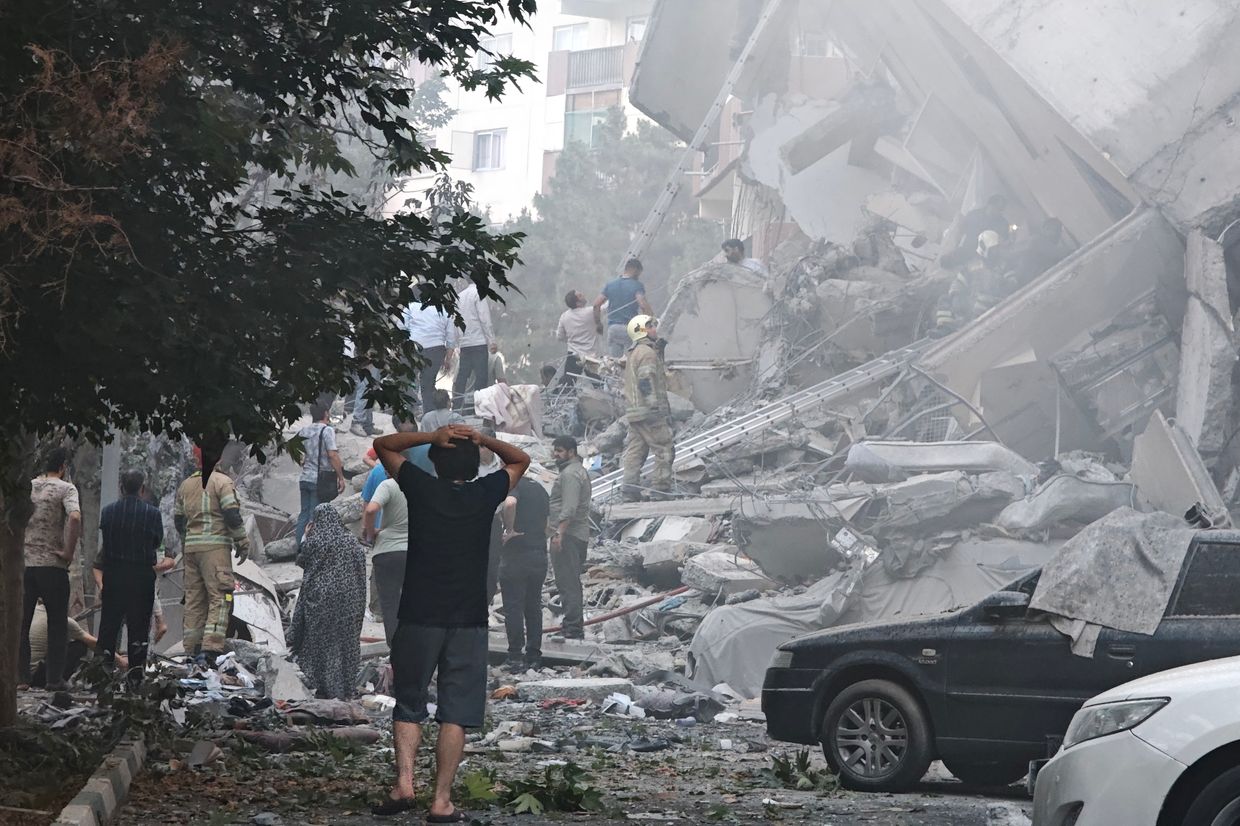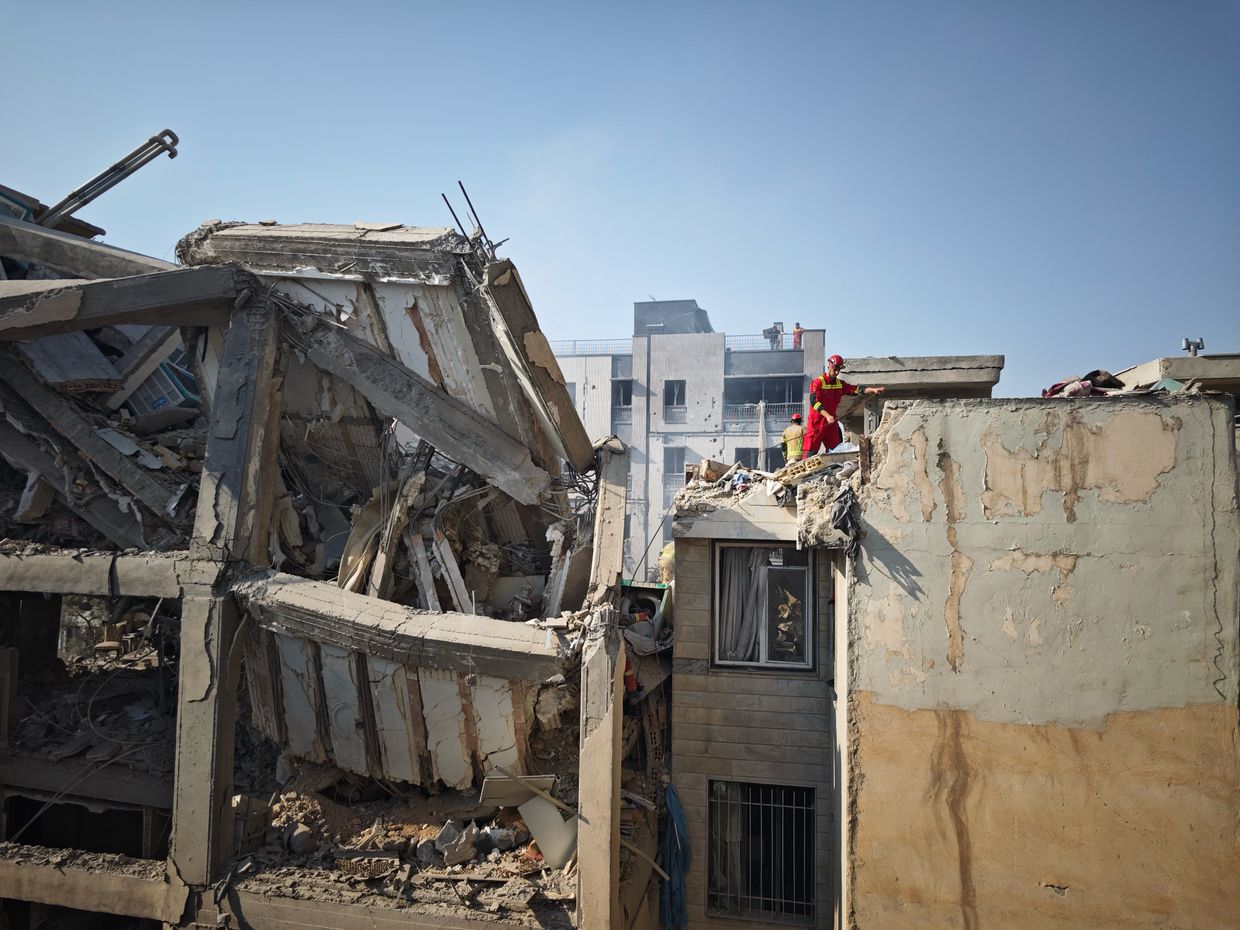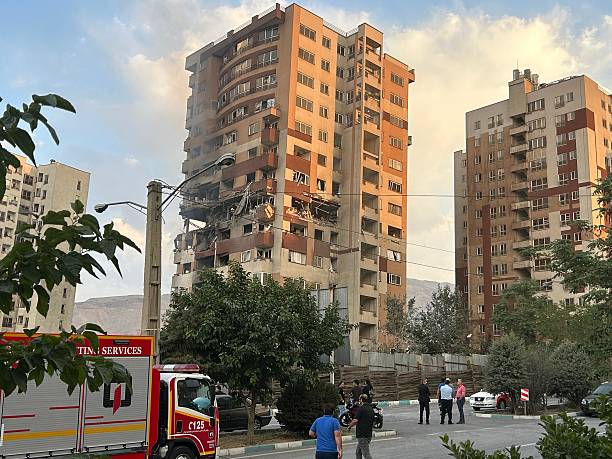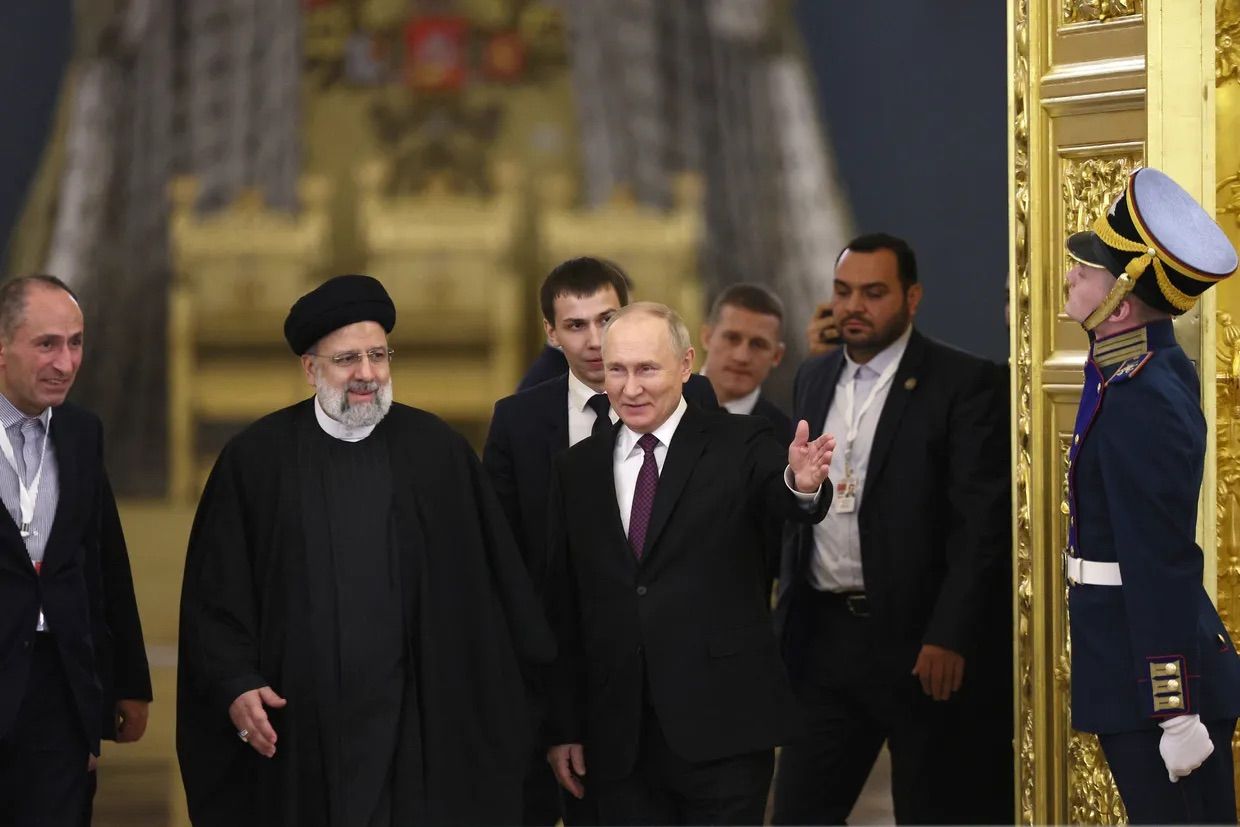Russia is turning Ukraine’s Zaporizhzhia plant into nuclear weapon with offering “joint control” over facility, says Kyiv
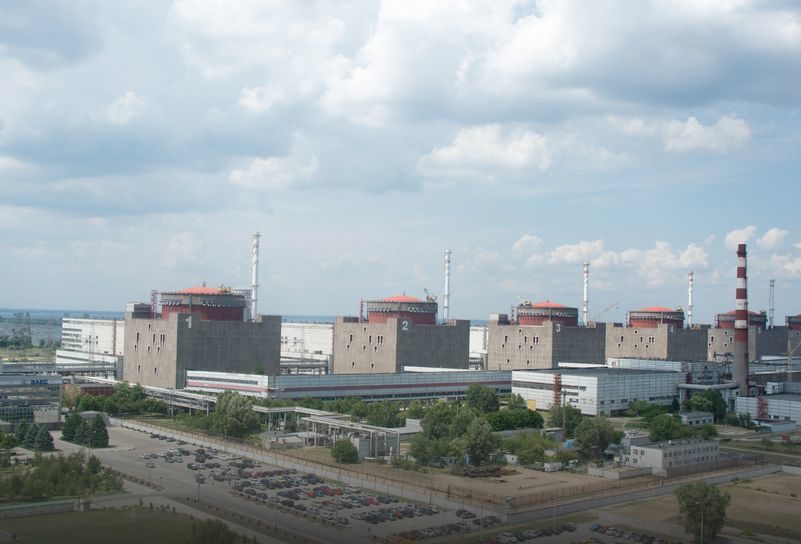
Russia is turning the Zaporizhzhia Nuclear Plant into a nuclear weapon. Any attempt by Moscow to impose new forms of control over the facility constitutes a direct escalation of nuclear security threats for both Ukraine and Europe, the Ministry of Energy of Ukraine has warned.
The Zaporizhzhia Nuclear Power Plant (ZNPP), the largest in Europe, has been occupied since 2022. It has enough capacity to cover the annual electricity needs of countries like Ireland, Slovakia, or Finland.
Putin floats “cooperation” on ZNPP
On 2 September in Beijing, during a meeting with Slovak Prime Minister Robert Fico, Russian President Vladimir Putin suggested that “under favorable circumstances, Russia, the US, and Ukraine could cooperate at the Zaporizhzhia NPP.”
Ministry of Energy: plant occupied and in peril
Ukraine’s Ministry of Energy stresses that Russia seized the civilian nuclear facility by force and continues to block legitimate Ukrainian control.
“Russia attacked with heavy military equipment and occupied Ukraine’s civilian nuclear facility, the Zaporizhzhia Nuclear Power Plant,” it claims.
The ministry emphasizes that the plant is operating under an extraordinary threat scenario, unanticipated by design standards or international safety frameworks.
Dangerous shutdowns and risk of disaster
Since the occupation began, Russia has caused “systemic, critically dangerous deformations” at the site.
This includes the destruction of the Kakhovka dam, which eliminated the primary water source for cooling reactors, and nine full disconnections from Ukraine’s power grid.
“These are direct preconditions for a nuclear accident,” the ministry warns.
Call for international action
Kyiv views Putin’s remarks on new maintenance models at ZNPP as an attempt to turn the plant into a military tool.
“Ukraine calls on the international community to provide a clear assessment of these statements and actions, given their potential impact on the security of the entire European continent,” the ministry stressed.
Ukraine will raise the issue at the September session of the International Atomic Energy Agency General Conference (IAEA) and urge global condemnation of Russia’s actions.
IAEA denied access to a new dam
On 31 August, IAEA Director Rafael Grossi said that Russia did not allow the organization’s inspectors to access the new dam that the occupiers built near the plant, according to Sky News.
“Our access to this dam is essential to assess the cooling water situation which is crucial given the fragile nuclear safety situation at the ZNPP,” he said.
He added that the problem is further complicated by the fact that the ZNPP currently relies on a single external power line to supply electricity to the plant’s safety systems, while the plant itself is not producing power.
